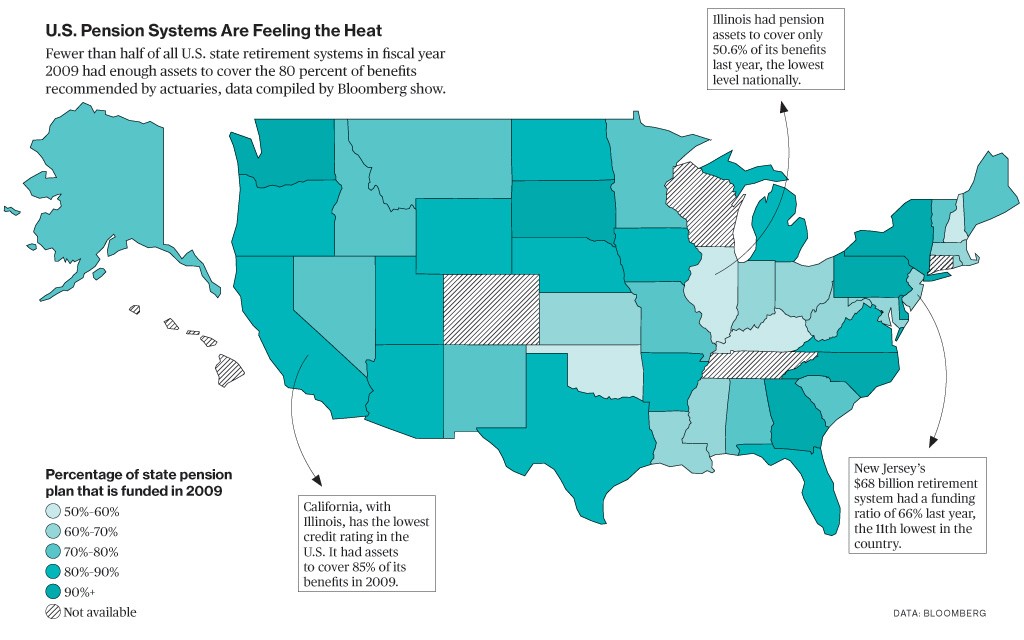TIAACREF Fiduciary Compliance Services
Post on: 16 Март, 2015 No Comment

Understanding and meeting your fiduciary obligations is a requirement for ERISA plans and is recognized as a best practice for non-ERISA plans. And, all plans must comply with IRS regulations. Whether working on your own or with the support of an advisor, TIAA-CREF offers a suite of services that can assist you in managing ever-increasing regulatory demands allowing you to stay focused on maintaining a competitive plan that helps your participants plan for their financial well-being.
Overview of Your Obligations
An administrator of an ERISA retirement savings plan is generally considered to be a fiduciary with regard to that plan. Fiduciary responsibilities are enforced by the Department of Labor (DOL) and require you to meet certain standards, including that you:
- Perform your obligations solely in the interests of plan participants and beneficiaries.
- Act in accordance with the terms of the Plan Document at all times.
- Diversify plan investments to help minimize the risk of large investment losses.
- Exercise prudence in selecting and monitoring service providers for the plan.
- Act with the care, skill, prudence and diligence that a prudent person in a similar capacity would use under like circumstances.
While not every plan must follow ERISA guidelines, all plans must comply with IRS regulations. Among the key compliance areas addressed are:
- Plan documentation Final IRS 403(b) regulations extended the written plan requirement to all 403(b) plans, not just those plans subject to ERISA.
- Operations 403(b) plans must satisfy statutory universal availability (for salary deferral contributions) and nondiscrimination requirements (unless governmental or certain church plans), including control group rules.
- Transactions Participant-directed asset transfers are generally limited to authorized fund providers that share information with the plan sponsor.
- Financial reporting ERISA 403(b) plans are now subject to the same Form 5500 (Annual Return/Report of Employee Benefit Plan) filing requirements as 401(a), 401(k) plans and private-sector defined benefit plans. In addition, large 403(b) plans those with 100 or more eligible participants at the beginning of the plan year are generally required to have their financial statements audited by an independent auditor beginning with the 2009 plan year.
TIAA-CREF can help you understand and manage these obligations.
Specimen 403(b) and 457(b), and Prototype 401(a)/401(k) plan documents and supporting materials, with compliant provisions and ongoing updates. More…
Help with sample investment policy statements, sample investment menus and ongoing performance monitoring. More…
A variety of tools and guidance to help you meet plan compliance requirements in such areas as loan and hardship withdrawals, contribution limits and nondiscrimination. More…














